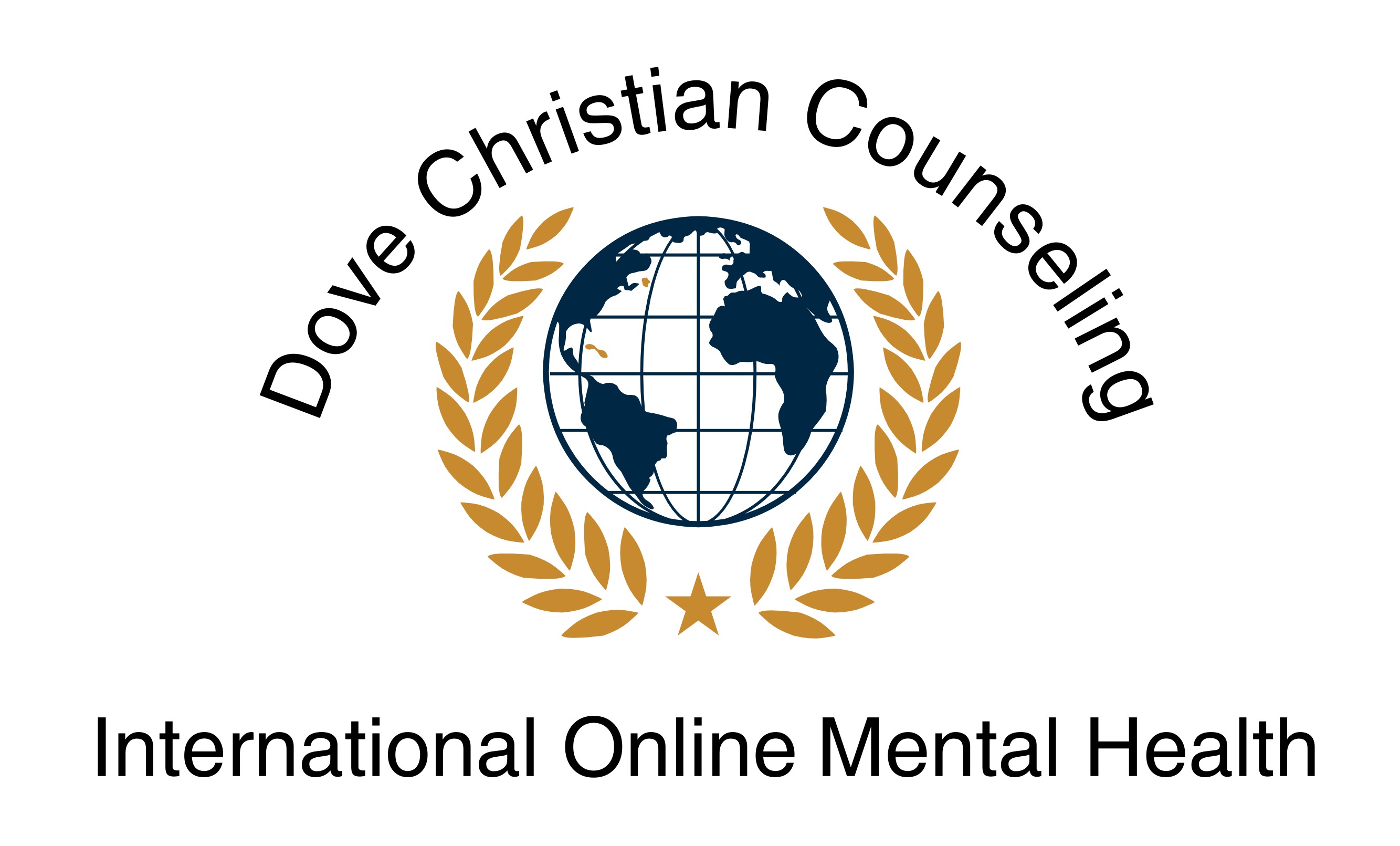
Patricia Jones, M.A.
What is a Pastoral Counselor?
Copyright © 2006 - 2024 Dove Christian Counseling Center. All Rights Reserved
Pastoral counselors are certified mental health professionals who have had extensive religious/theological/psychological training and clinical training in the behavioral sciences. They may specialize in marriage and family therapy, addiction, grief, and other issues, including serious mental illnesses. They may also provide educational programs on marriage preparation, adjusting to divorce, and coping with loss and grief. They may work in health clinics, state hospital, private and group practices, congregation-based centers, or in pastoral counseling centers.
What is a Pastoral Counselor?
Pastoral Counselors (M.A., M.S, M.div, D.Min)
Pastoral counselors are psychotherapists with specialized training in the areas of psychology, theology, and the behavioral sciences. Pastoral counselors come from all faith backgrounds and are sensitive, respectful, and responsive to their clients’ belief systems.
The Pastoral in our name is the traditional name for counseling that integrates therapy with a client’s faith and/or values.
Pastoral counseling is psychotherapy reinforced with compassion and intentional respect for the spiritual values of the client.
Pastoral counseling takes seriously the spiritual dimension of a person in the healing process while working with individuals, couples, and families to resolve problems.
Pastoral counseling is built on the belief that life’s crises and transitions are best met by the knowledge of psychology, the wisdom of theology, and with respect for a person’s faith background and values.
Education and training:
Pastoral counselors typically have a bachelor’s degree, a three-year professional degree, and a specialized master’s or doctoral degree in a mental health field.
If you have suicidal thoughts, you may need help immediately and should pick up the phone and call: 1-800-899-7301 from anywhere in the U.S; or call 911 and ask for help. If you're anywhere outside of the U.S, please contact an emergency hotline service or a hospital emergency phone line in your area.


